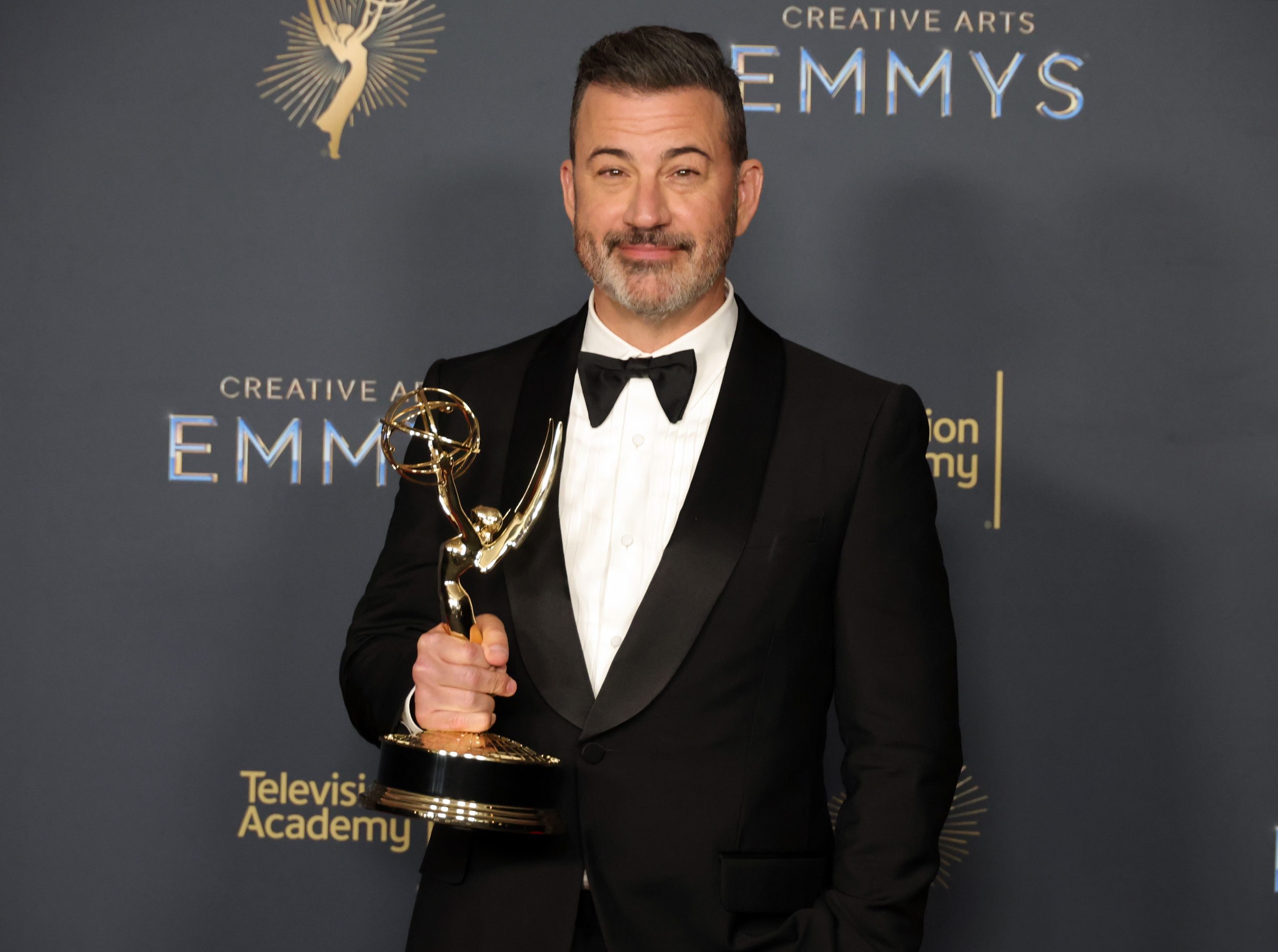The recent suspension of late-night host Jimmy Kimmel by ABC has ignited a firestorm of debate, raising crucial questions about free speech, media responsibility, and the potential for government overreach. While the network cited unspecified internal review as the reason for the suspension, the timing – following FCC Chairman Brendan Carr’s warning to broadcasters regarding Kimmel’s monologue – suggests a deeper, more troubling narrative.
The Kimmel Monologue and the FCC Warning
Kimmel’s monologue, which sparked the controversy, included jokes targeting Donald Trump and what some interpreted as a suggestion regarding the political leanings of Charlie Kirk’s killer. While the exact phrasing is a subject of ongoing discussion and interpretation, the comments clearly crossed a line for some, prompting outrage from conservative circles. This outrage, however, was amplified by Chairman Carr’s subsequent warning, which many view as a thinly veiled threat of censorship. Carr’s statement indicated that broadcasters could face significant penalties – including fines or license revocation – if they continued airing Kimmel’s show. This action has raised concerns about the Trump administration’s willingness to use regulatory power to suppress speech it deems objectionable.
A Chilling Effect on Free Speech?
The swift suspension of Kimmel, following the FCC’s warning, has sent shockwaves through the media landscape. Critics argue that the incident represents a chilling effect on free speech, suggesting that media organizations are now self-censoring to avoid government retribution. This, they argue, creates an environment where dissenting voices are silenced, and the public is deprived of diverse perspectives. The fact that the suspension came so rapidly after the FCC’s statement fuels this concern, suggesting a direct causal link between the warning and ABC’s decision.
Balancing Free Speech and Media Responsibility
While the debate around free speech is paramount, it is equally important to address the question of media responsibility. Comedians often push boundaries, and the line between satire, commentary, and harmful rhetoric can be blurry. Kimmel’s comments, while intended as comedic, could be interpreted as insensitive or potentially inflammatory. This raises a crucial question: where do we draw the line between protected speech and irresponsible commentary? The Kimmel case highlights the complexities of this issue, forcing a crucial conversation about the ethical obligations of media personalities and the potential consequences of their words.
Conclusion: A Dangerous Precedent?
The suspension of Jimmy Kimmel, viewed in the context of the FCC’s warning, raises serious concerns about the future of free speech in the United States. Whether this represents a calculated attempt at censorship or simply a consequence of irresponsible commentary remains a matter of ongoing debate. However, the incident sets a dangerous precedent, potentially emboldening government overreach and chilling freedom of expression in the media. A thorough investigation into the circumstances surrounding Kimmel’s suspension is necessary to ensure transparency and protect the principles of free speech that are fundamental to a democratic society. The long-term implications of this incident for the media landscape and the broader political climate will undoubtedly be felt for years to come.
Based on materials: Vox





